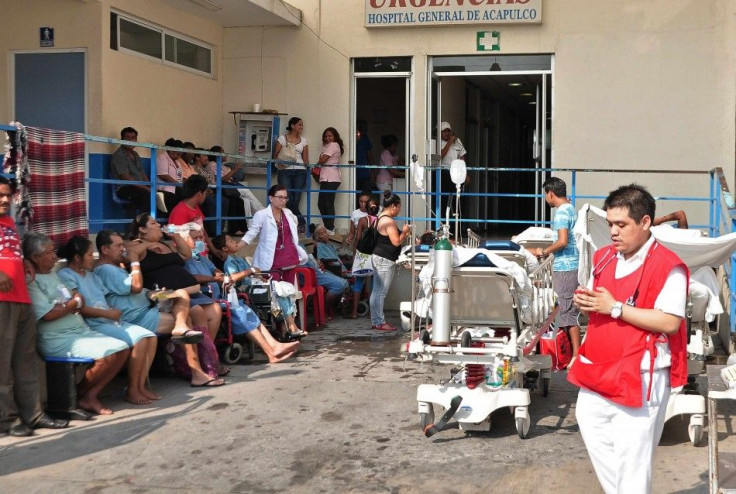UK Parliament's ‘Assisted Dying Bill’ causes divide: religious leaders question ethics while doctors welcome it

A controversial private bill on assisted dying pending before the U.K parliament has kicked up a row with a slew of religious leaders arraigned against it and mthe edical fraternity welcoming it. The bill pitches for terminally ill patients to end their lives voluntarily with the help of a doctor.
The religious outcry against the bill is being led by Archbishop of Canterbury who urged MPs to reject the bill. The Most Rev Justin Welby and heads of Christian, Jewish, Muslim and Sikh groups in a joint letter, appealed to MPs not to allow the Assisted Dying Bill become a law.
Doctors’ support
However, the private bill has drawn the support of many senior doctors who said the existing law on assisted dying is “dangerous, cruel” and had been forcing terminally ill to go abroad to end their lives.
In an open letter, a group of senior doctors urged lawmakers to approve Labour MP Rob Marris’s private bill, for ending life, if an individual has only less than six months' time to die. The bill specifies the kind assistance to be taken from a doctor and be “clear with settled intention.”
In an open letter, published in The Guardian, 27 doctors and two nurses said the proposed legislation will ensure that safeguards are in place and allow patients to choose their time to die.
“As healthcare professionals, we believe the current law prohibiting assisted dying is dangerous, cruel and in direct conflict with our duty to care for our patients. Forcing people to travel abroad to die or to end their own lives in this country in distressing circumstances is not consistent with patient-centred care,” they wrote.
Under the existing law, assisted suicide is illegal and punishable up to 14 years in prison, under the Suicide Act of 1961.
Religious backlash
The Archbishop, along with other faith leaders are harping that the law will have "detrimental effects" on society.
"A change in the law to permit assisted suicide would cross a fundamental legal and ethical Rubicon," the Archbishop said. He also added that the “respect for the lives of others goes to the heart of both our criminal and human rights laws and ought not to be abandoned.”
“While it is not a crime in the U.K. for someone to take his or her own life, we recognise that it is a tragedy and we, rightly, do all that we can to prevent suicide. The Assisted Dying Bill requires us to turn this stance on its head, not merely legitimising suicide, but actively supporting it,” the faith leaders said.
Millionaire’s assisted suicide
In the past also, there had been instances of protests whenever debates on assisted suicide erupted. In 2012, when BBC aired a program, which showed the assisted suicide of millionaire hotelier Peter Smedley, there were huge protests. His final moments were filmed by BBC. The controversial program was watched by 1.64 million people. Hotelier Smedley, 71, hailing from Guernsey, was suffering from motor neurone disease. To embrace death, Peter gulped down a lethal cocktail of drugs at the controversial Dignitas clinic near Zurich in Switzerland. Before dying, he told Christine, his wife for 40 years; “Be strong, my darling” and passed away.
For feedback/comments, contact the writer at feedback@ibtimes.com.au or let us know what you think below.





















